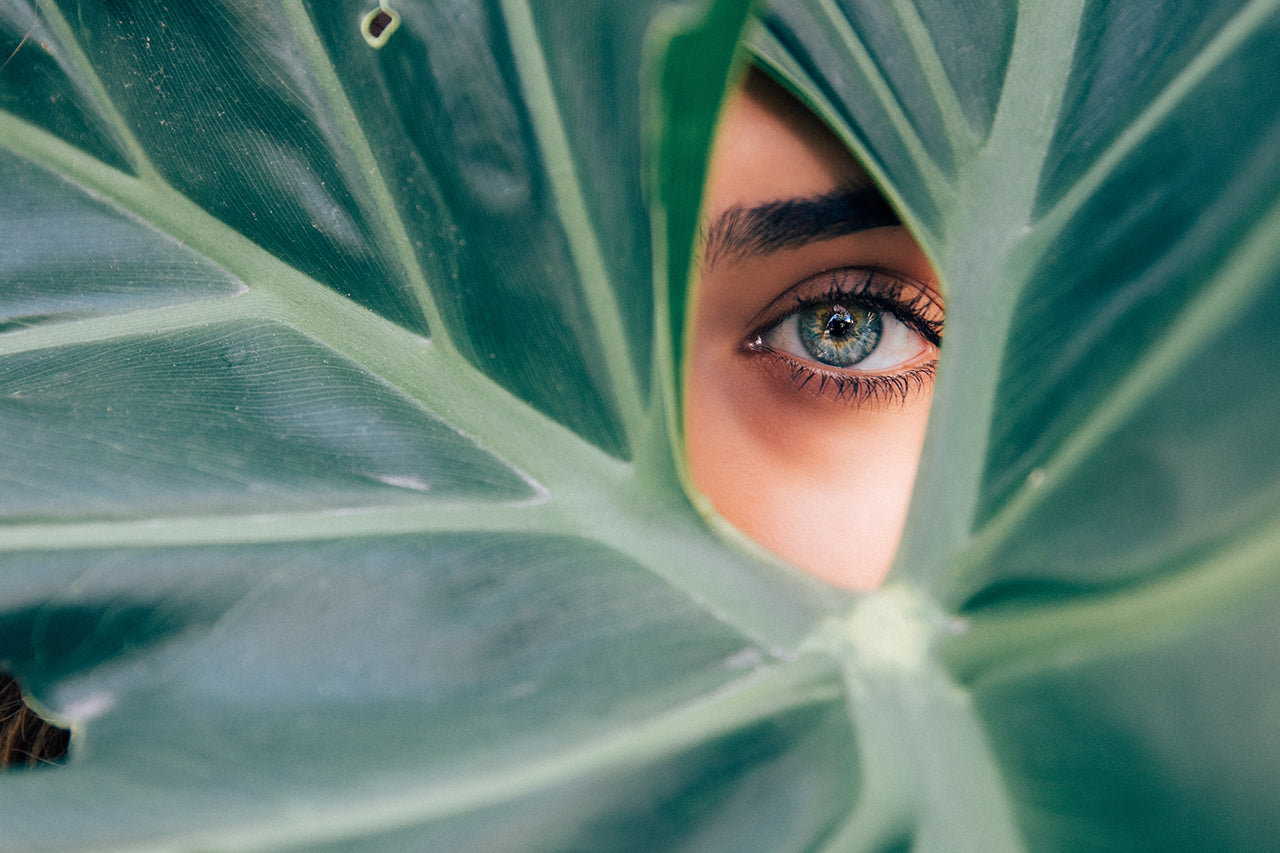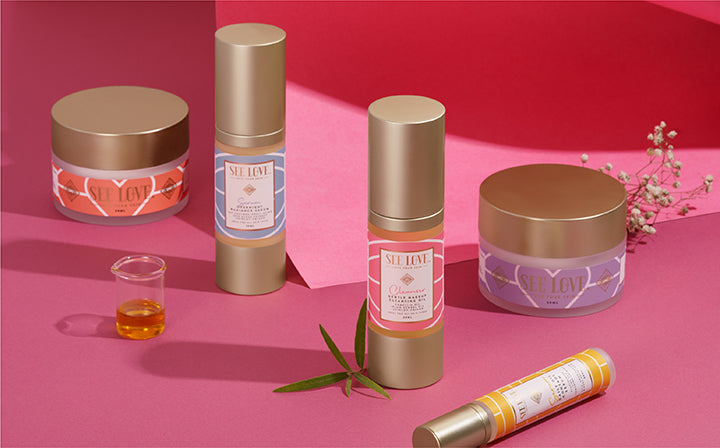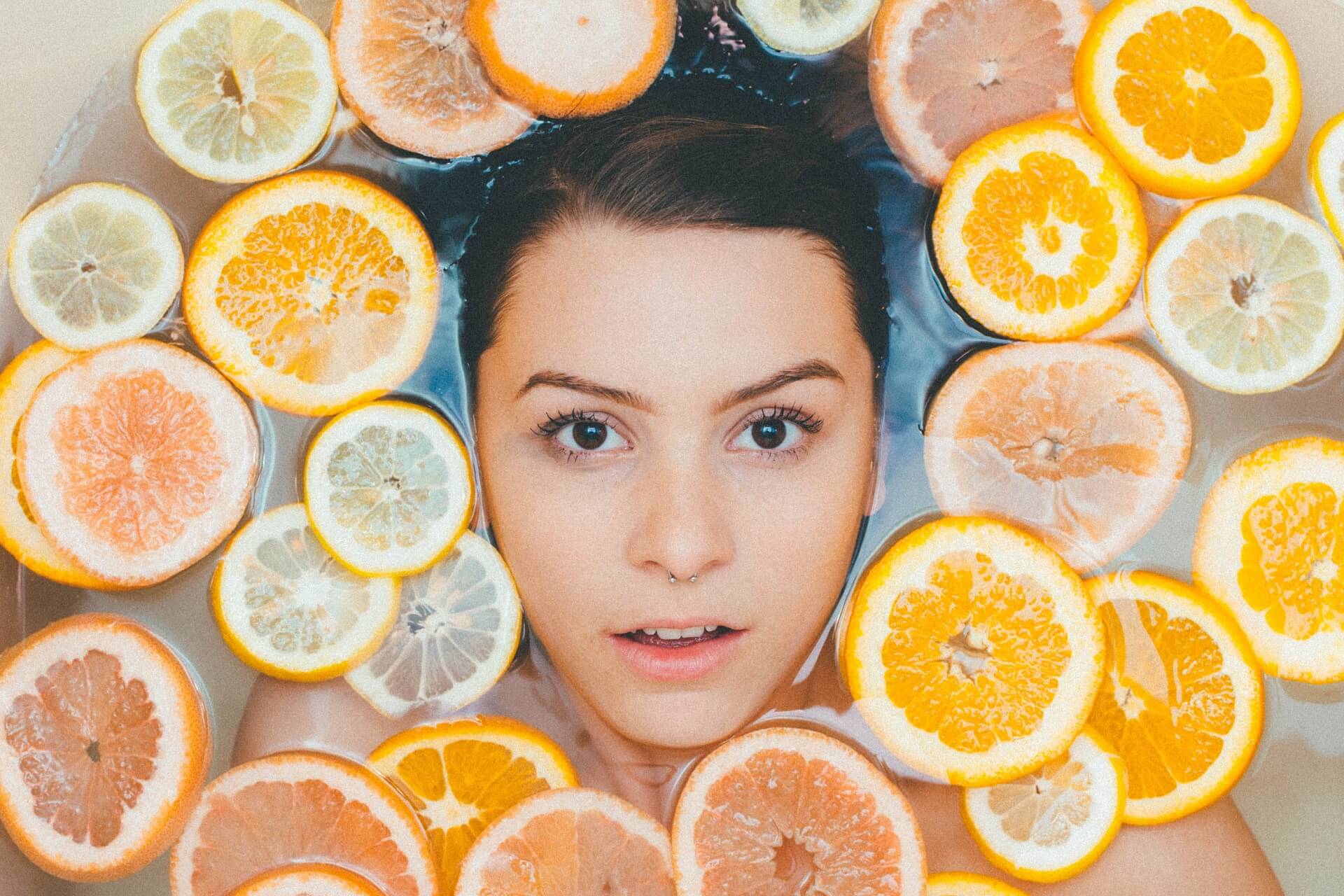Article: What ‘Clean Beauty’ means to us

What ‘Clean Beauty’ means to us
We believe, Clean Beauty is rooted in respect for our bodies together with respect for the environment. Everywhere you look, from across supermarkets aisles to our bathroom shelves, labels shout ‘Organic’, ‘Natural’, ‘Ayurvedic’, ‘Eco-friendly’, yet a quick read through often shows just a minor percentage of organic or natural ingredients followed by a long list of toxic ingredients or mysterious ‘bases’ with no clarity on contents. Since there are no legal definitions for terms like ‘naturally derived,’ ‘clean ingredients’ or ‘sustainable’, brands can make these claims without needing to back them up. It’s so common, there’s even a term for it. It’s called Greenwashing.
The word ‘Clean’ has been tossed around so casually that it has been splattered with controversy and ambiguity so we’re here to spell out what we look for and adhere to.
The Clean Beauty Movement
The rise of skin sensitivities and irritations caused by synthetic ingredients shone a spotlight on what we were putting on our skin and hair every day. The Clean Beauty movement started mindfulness around ingredient list research, encouraging consumers to question what is in their products and call out ingredients that are toxic, dangerous, carcinogenic or endocrine disruptors.
Earlier, consumers didn’t pay much attention to ingredient lists and whether products could potentially be harmful, but now, labels are being read more carefully and conventional brands are being held accountable.
At its core, Clean Beauty means that you can use a product without risking your own health, it doesn’t contain mystery ingredients and certainly doesn’t claim to be something that it’s not.
EU Cosmetics Regulations
The European Union has been a pioneer in banning over 1,350+ toxins and questionable ingredients setting the highest standards in the world, acknowledging that chemicals linked to cancer and birth defects simply do not belong in cosmetics - regardless of the concentration they are being used in.
Here are some of the most damaging ingredients banned by the EU:
Parabens
Also known as Methylparaben, Isopropylparaben, Pentylparaben, Isobutylparaben, Phenylparaben and Benzylparaben, these are preservatives commonly found in conventional skin and hair products. They have a tendency to mimic estrogen in the body, wreaking havoc on your hormonal system.Pthalates
Most commonly found in perfume, deodorant or nail polish, Pthalates are another endocrine disruptor that can lead to a slew of hormonal health problems and have been linked to developmental defects, fertility issues and obesity.
Formaldehyde
Considering it’s what we used to preserve frogs and other assorted body parts in Bio Class, it is surprising to find Formaldehyde in hair straightening treatments, nail polish plus eyelash glue, as it’s a known carcinogen and can cause breathing issues.
Petroleum
Derived from what fuels your car, Petroleum is also seen as Mineral Oil, Petrolatum and Paraffin Oil in moisturising products for lips and skin. The long term effects of these ingredients are uncertain because your body doesn’t metabolise it. Plant based options like Cocoa, Shea, Mango or Kokum Butter can be just as effective if not better alternatives to soothe, heal or moisturise the skin.
Triclosan
An ingredient found in many soaps and toothpastes, Triclosan, may play a part in the current rise of antibiotic-resistant bacteria and is also toxic to aquatic bacteria, algae and dolphins.
Hydroquinone
This ingredient is found in products intended to lighten or brighten the skin but Europe and Japan have outlawed it due to its cytotoxic nature. Hydroquinone kills cells and chromosomes if it is used too much, which sets the stage for some forms of cancer.
Plastic Microbeads
These are tiny bits of plastic, 1 millimetre or less in size, added as an exfoliating agent in soaps, face washes, body scrubs and toothpastes. Also called Polypropylene or Polyethylene, these plastic microbeads can damage skin and gums. They escape filtration processes and find their way into the marine food chain, clogging digestive tracts and reproductive systems of organisms in the oceans, besides retaining in the tissues of fish that are eventually consumed by people.
Clean is Ethical
Clean Beauty also extends to production ethics, questioning the production and sourcing of all ingredients. Clean doesn’t only mean all-natural or organic as some synthetic ingredients can actually be a safer and more effective alternative for your skin and the environment. Although an ingredient may be natural, its production or sourcing could be harmful to the environment or to others. For example, Mica, a natural mineral that adds shimmer to your makeup, can have a dark side if it’s illegally mined by exploiting child labour. It is important to choose wisely and always look for organic COSMOS, sustainable Ecocert or ethically sourced Fair Trade certifications on products so you know what you are paying for.
The EU Standards have forced beauty brands across Europe to consider the greater impact of their products, to remove dangerous, toxic ingredients and replace them with better quality ones as well as transform their supply chains. It is a step in the right direction for the Beauty Industry, gaining momentum during the Pandemic, as we become more conscious of our health and well-being and also more considerate of the world around us.
Modern Mindful Beauty
See Love formulates in accordance with the European Union standards to ensure that all our products are not just kind-to-skin but also kind-to-the-Earth! Additionally, we use many ECOCERT approved raw materials and aim to keep adding more to our current inventory.
The following nasties are permanently banned from our ingredient lists:
No Parabens, Sulfates (SLS/SLES), added Pthalates, Formaldehyde, Triclosan, Triclorocarbon, Petroleum, Mineral Oil, Talc, NPE (Nonylphenol Ethoxylate), BHA (Butylated Hydroxyanisole), BHT (Butylated Hydroxytoluene), Hydroquinone or Plastic Micro-beads.
All our formulations are dermatologically tested for irritation and approved to be ‘Non-irritant’. We’re also committed to lightening our carbon footprint and preserving the Earth’s fragile ecosystems. Our skincare is vegan and cruelty free with no animal derived products, including fats, oils or musks, making our products safe for our planet over and beyond being safe for our bodies because ‘Clean’ means more to us than just ingredients.





Leave a comment
This site is protected by hCaptcha and the hCaptcha Privacy Policy and Terms of Service apply.